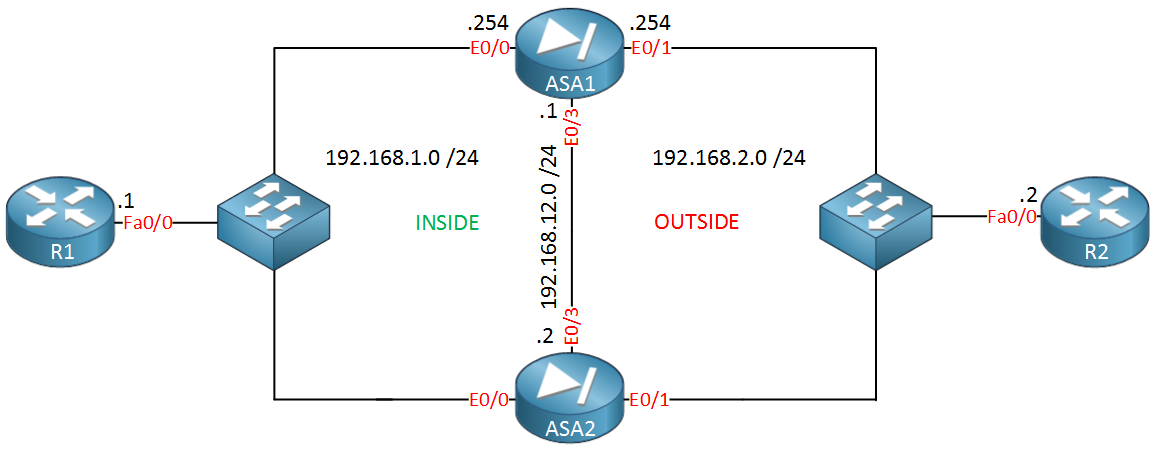What is a Failover Firewall and Why Your Business Needs it
As businesses continue to rely on the internet for their day-to-day operations, the need for reliable network security has become more important than ever. One crucial component of network security is a failover firewall, a system that ensures uninterrupted network connectivity even in the event of a firewall failure. In this article, we’ll explore what a failover firewall is, how it works, and why your business needs one.
How does a Failover Firewall Work?
A failover firewall, also known as a high-availability firewall, is a system that consists of two or more firewalls working in tandem to provide continuous network protection. In normal operation, one firewall serves as the primary device, while the others act as backups. If the primary firewall fails for any reason, such as a hardware malfunction or software issue, the backup firewall automatically takes over to ensure uninterrupted network security.
Failover firewalls use a technology known as stateful failover, which replicates the state information of the primary firewall to the backup device. This ensures that all existing connections and configurations are seamlessly transferred to the backup firewall, minimizing disruptions to network traffic. In essence, a failover firewall provides a seamless transition in the event of a failure, ensuring that your network remains secure and operational at all times.
Why Your Business Needs a Failover Firewall
There are several reasons why your business should consider implementing a failover firewall:
- Continuous Protection: A failover firewall ensures uninterrupted network security, even in the event of a firewall failure. This helps prevent costly downtime and data loss, ensuring that your business operations remain unaffected.
- High Availability: By using redundant firewalls, a failover firewall system provides high availability and reliability for your network. This helps minimize the risk of network outages and ensures that your business can operate smoothly at all times.
- Scalability: Failover firewalls can easily scale to accommodate the growing needs of your business. Whether you’re expanding your network or adding new services, a failover firewall can adapt to meet your changing requirements.
- Improved Performance: By distributing network traffic across multiple firewalls, a failover firewall can help improve network performance and reduce bottlenecks. This ensures that your network operates efficiently, even during peak usage periods.
Overall, a failover firewall is an essential component of any comprehensive network security strategy. By providing continuous protection, high availability, scalability, and improved performance, a failover firewall can help ensure that your business remains secure and operational in today’s digital landscape.
Conclusion
As cyber threats continue to evolve and become more sophisticated, it’s crucial for businesses to invest in robust network security solutions. A failover firewall is a key technology that can help protect your business from network failures and security breaches. By implementing a failover firewall, you can enhance the resilience and reliability of your network, ensuring that your business can continue to operate smoothly and securely in the face of potential threats.
